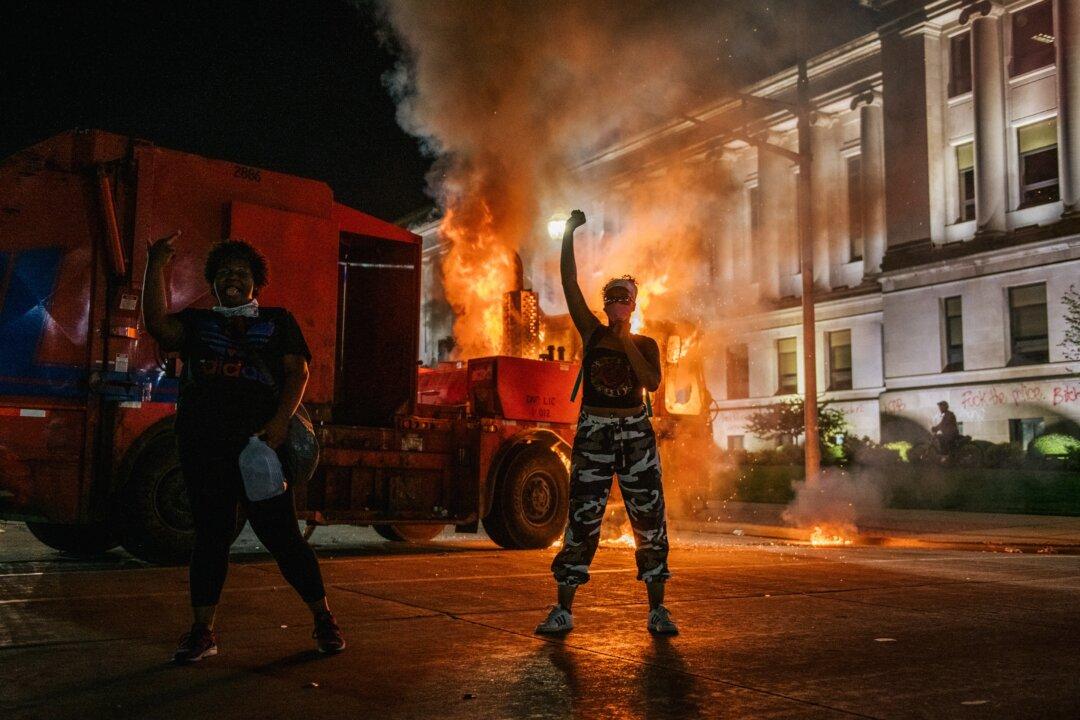Commentary
Last week we once again saw far too common sights of small businesses being burned to the ground and unarmed civilians being beat in the street. The epicenter this time was Kenosha, Wisconsin, where rioters and looters from around the area joined protesters in the city outraged by the police shooting of Jacob Blake. Kenosha was by no means the only terrorized community in recent days, however, as Twitter timelines have become filled with scenes such as renewed looting in Minneapolis, mobs threatening restaurant patrons in Washington, D.C., and businesses destroyed in Denver, Colorado.

